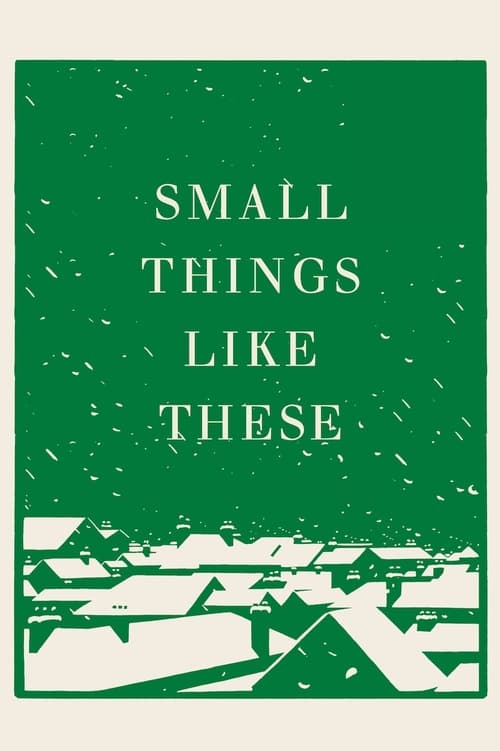I have read Small Things like These twice now. And both times I have had the same reaction; complete awe at Keegan’s ability to write something so reflective and truthful in such few words (it’s only 114 pages long!).
The book was published by Irish writer Claire Keegan in 2021, and has been the recipient of numerous awards, including being shortlisted for the 2022 Booker Prize. It is set in 1985, in a small Irish community, tightly controlled by the church. Whilst it is fictional, it draws on a lot of Irish social and cultural history, including the establishment of the Magdalen laundries. Prior to reading this book, I had never heard of the Magdalen laundries. After doing some brief background research, I found that the laundries were Catholic institutions, mainly convents, used to house “fallen women and girls”, meaning those who were pregnant or had children out of wedlock. The laundries also housed those considered “destitute”- coming from an impoverished background. These institutions believed that these women and girls should be kept separated from the rest of society, under the guise that they would be cared for. Instead, hidden from the eyes of the public, they were a source of free labour for the convents: sewing, cleaning, cooking, and doing laundry work. Later records revealed that those who didn’t comply were faced with inhumane punishments, including beatings, and solitary confinement.
Within this context, we are introduced to the main character and narrator of the story, Bill Furlong (described in the book as ‘Furlong’). Through the way he narrates, Furlong can be read as a reserved, hard-working man, providing for his wife and five daughters. While everyone has different interpretations, I would say that like many of us, Furlong’s main goal is to get through his working day no matter what challenges come his way. This is at the expense of everything that is happening around him.
This idea is revealed towards the centre of the story, when Furlong happens to open the door of a coal shed and sees a girl from the Magdalen laundries locked inside. Rather than being outraged at the sight of this scene, his reaction is more of a general annoyance:
“When he managed to get her out and saw what was before him—a girl just about fit to stand, with her hair roughly cut—the ordinary part of him wished he’d never come near the place.”
In this way, Keegan describes how so many of us behave when we see something unsettling: wishing we had never seen it in the first place. And so, rather than questioning the girl’s situation, Furlong returns her to the convent and carries on mechanically with his day.
In effect, the rest of the book focuses on Furlong, as he narrates his everyday routines, those tiny pinpoint moments in his day. Driving to work, shopping for Christmas gifts, helping his girls bake a fruit cake. Never does he stop to think about the girl he saw, or question why she was there.
However, I should say, that just because the book focuses on the smaller details of Furlong’s life, does not mean that it is boring! In my opinion, this book is far from it. Keegan’s use of language, her vivid descriptions, and her concise way of writing, drew me into Furlong’s world, despite not liking him as a character. One of my favourite lines in the book is when Keegan writes; “driving up to the convent, the reflection of Furlong’s headlights crossed the windowpanes and it felt as though he was meeting himself there.” The line is so simple, but it makes me reflect on those in-between moments, when I’m driving from one place to another, just alone with my thoughts.
Another line that stands out to me is towards the end of the book where Furlong begins to question his own routine.
“‘What was it all for?’ “Furlong wondered. The work and the constant worry. Getting up in the dark and going to the yard, making deliveries one after another, the whole day long, then coming home in the dark and trying to wash the black off himself and falling asleep before waking in the dark to meet a version of the same thing, yet again.”
Overall, I think Small Things like These is a book that speaks to all of us, whether we like to admit it or not. We all live our lives in a certain way, caught up in our own routines which numb us to the experiences of those around us. It is a powerful and moving read, forcing us to look inward and face our own complicities.


Leave a Reply